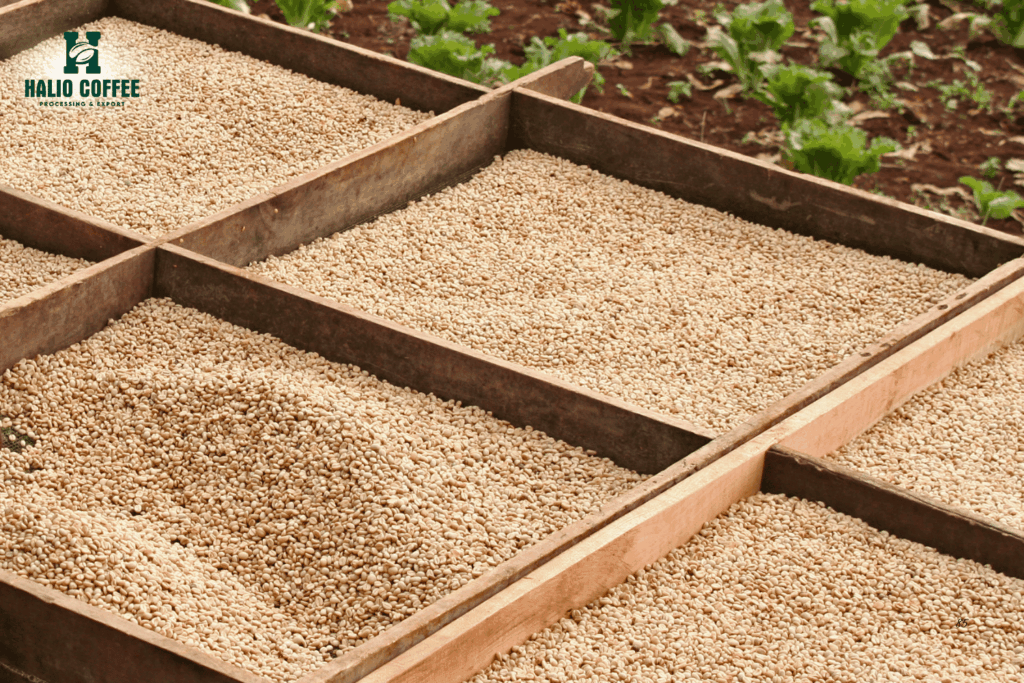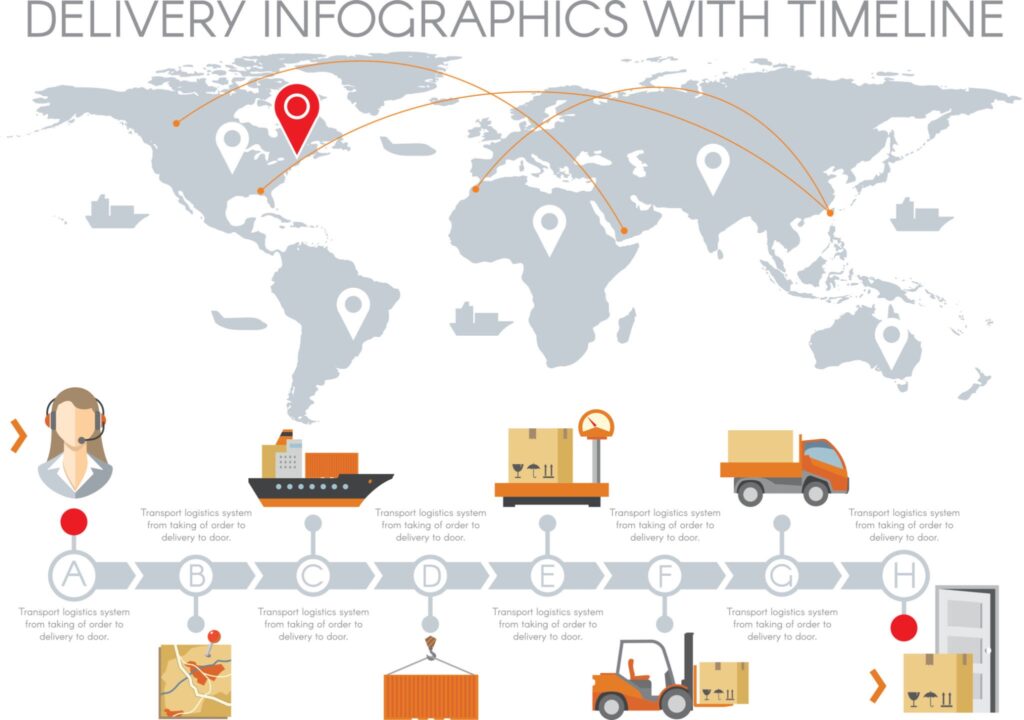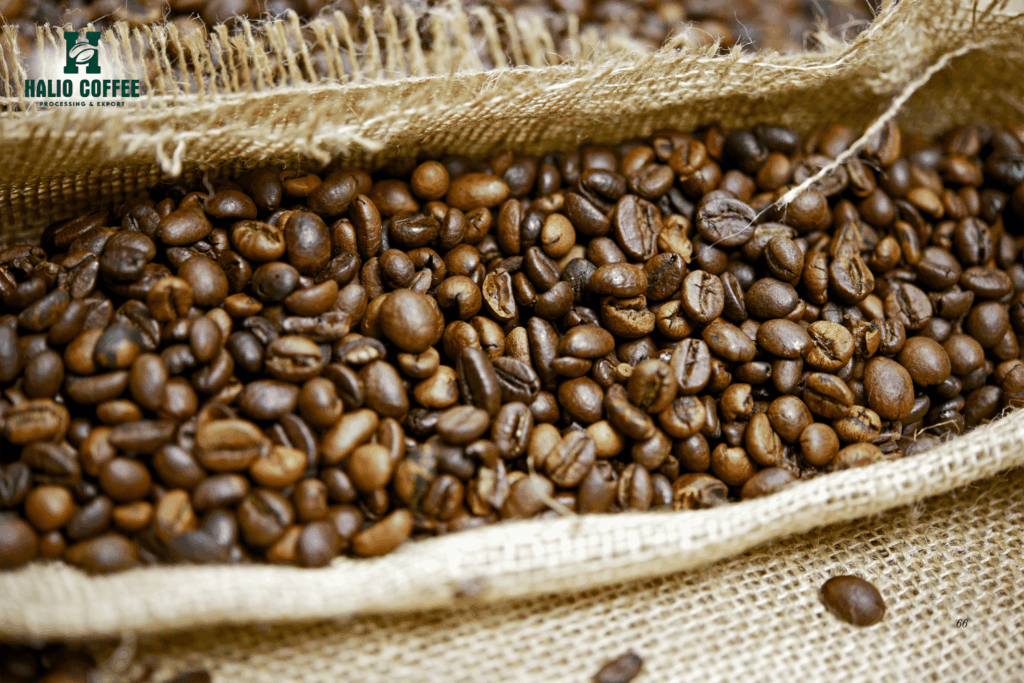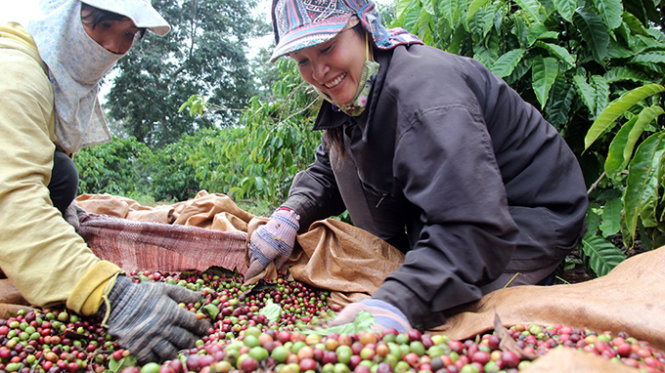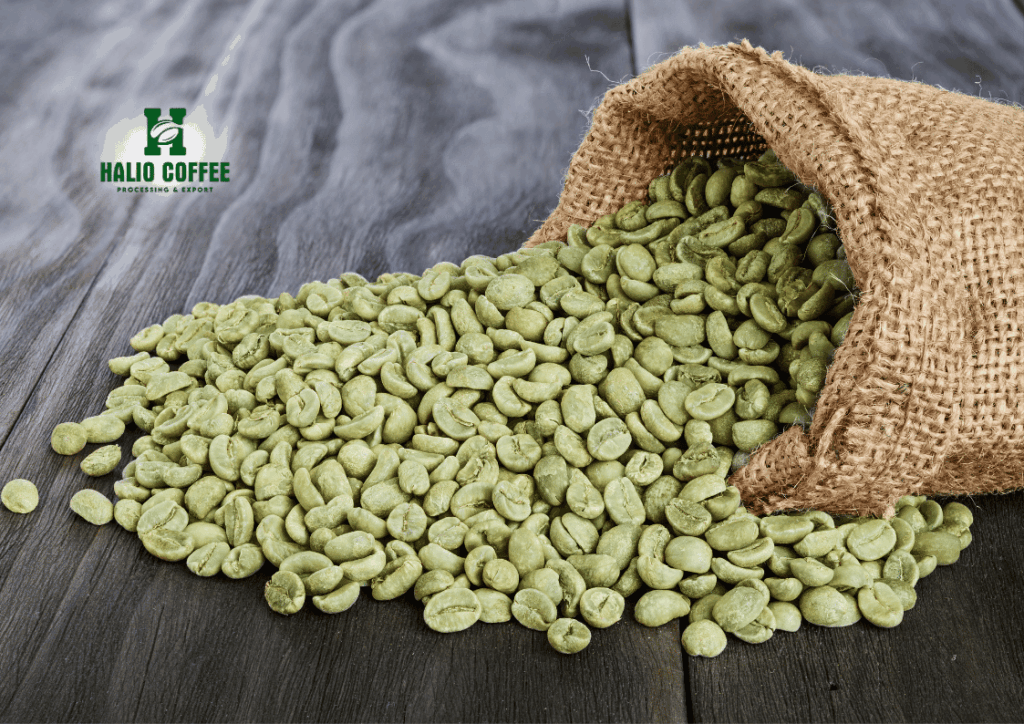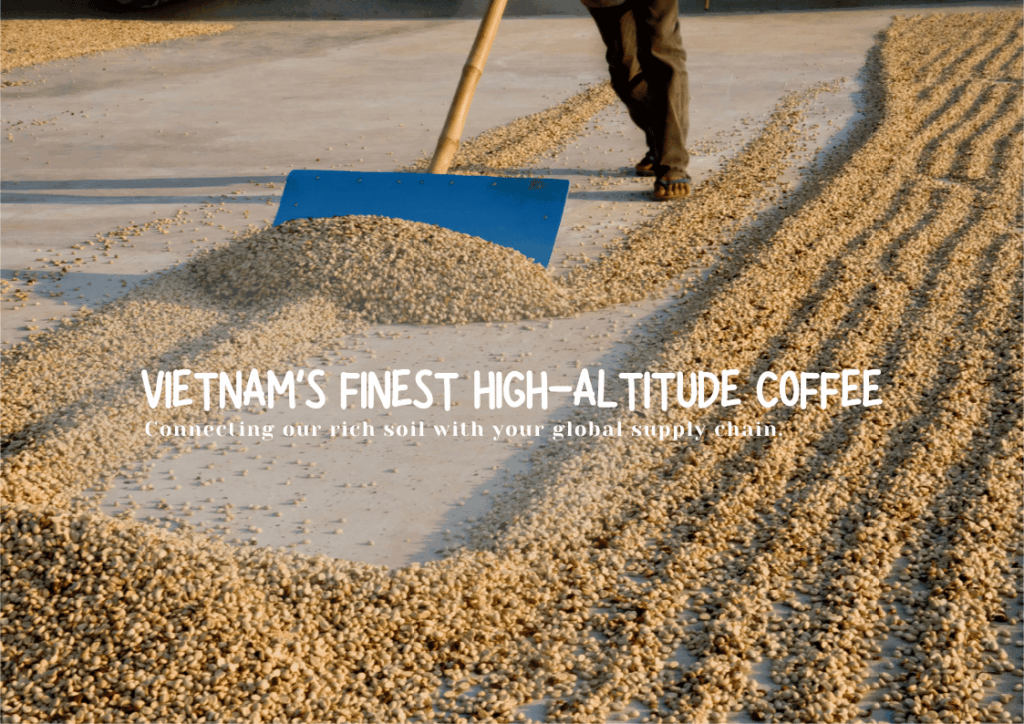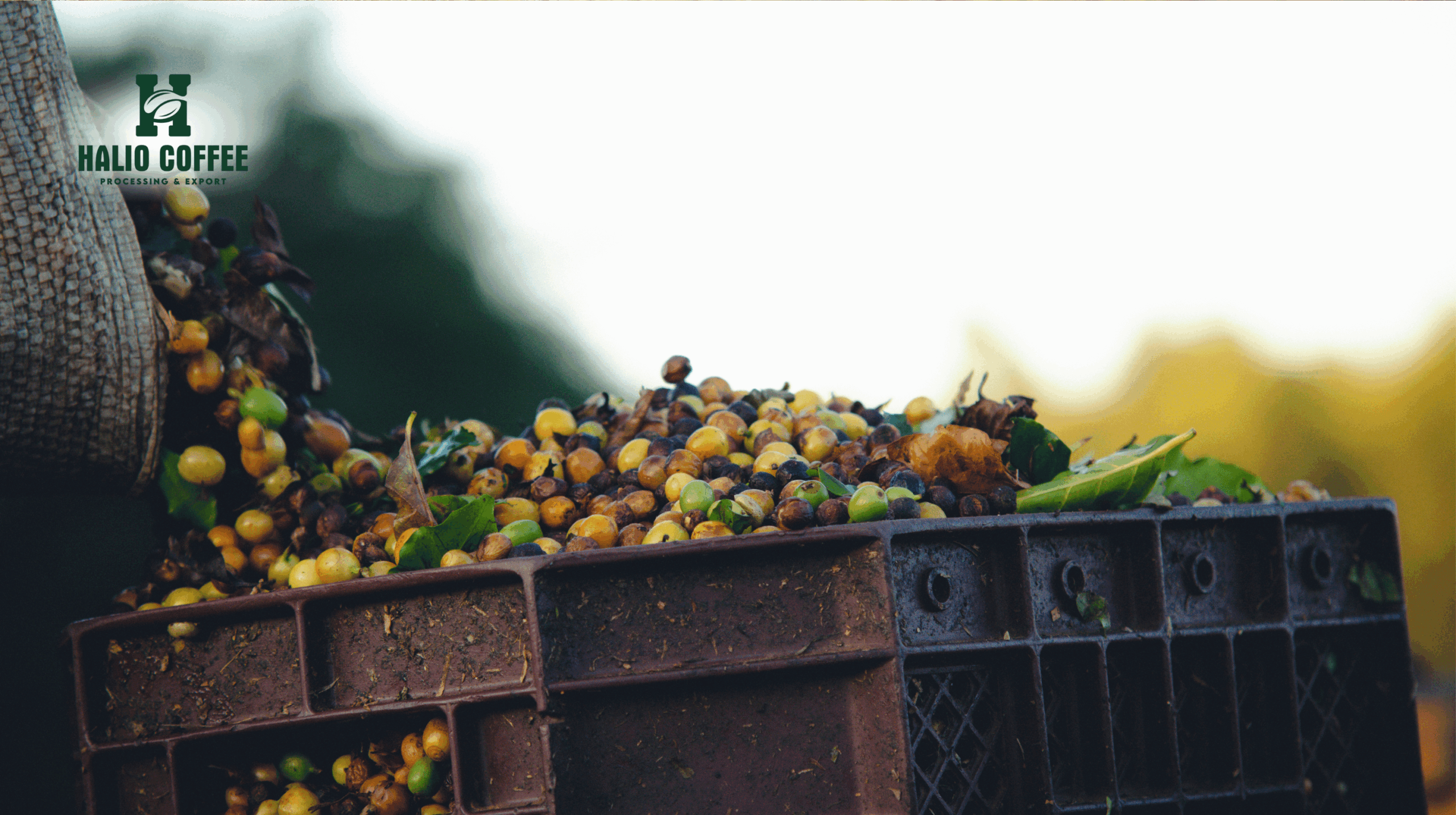In the historical narrative of the global coffee trade, Vietnam has been cast as the Titan of Robusta—the industrial backbone of the instant coffee and commercial blending world. However, as we navigate the volatile market landscape of early 2026, a sophisticated sub-plot is rewriting this story. High in the mist-shrouded peaks of the Central Highlands, […]
In the intricate, high-stakes architecture of the global coffee trade, the entity that stands between the harvest and the roaster is the single most critical variable in the supply chain. As we navigate the opening weeks of 2026, the role of Vietnam coffee suppliers has fundamentally transformed. No longer are they merely logistical conduits for […]
In the intricate architecture of the global coffee trade, the question of where to find the best place to buy green coffee beans is not a static query with a single geographic answer. It is a dynamic equation involving price, liquidity, risk profile, and technical capability. As we navigate the opening weeks of 2026, the […]
In the high-stakes world of global coffee production, the roast profile is often celebrated as the artistic peak of the industry. However, for the professional roaster—whether operating a specialty boutique or an industrial-scale facility—the true foundation of success is laid months before the drum ever begins to turn. In the opening weeks of 2026, the […]
In the high-stakes architecture of the global supply chain, the issuance of a green coffee order is the pivotal moment where strategy converts into reality. It is the bridge between market analysis and physical inventory. As we navigate the volatile opening weeks of 2026, the act of ordering coffee has evolved from a routine administrative […]
In the grand narrative of the global coffee trade, Vietnam has long been cast as the Titan of Robusta—a provider of caffeine, crema, and industrial consistency. However, as we stand in the early weeks of 2026, a sophisticated sub-plot has emerged that is reshaping the country’s reputation. High in the mist-shrouded peaks of the Central […]
In the global beverage economy, the finished cup—the latte art, the extraction yield, the sensory profile—is merely the final flourish of a complex, high-stakes supply chain. The true engine of profitability, the variable that determines the ceiling of quality and the floor of cost, is the decision to buy unroasted coffee beans. As we navigate […]
In the high-stakes architecture of the global coffee trade, the decision to source green coffee from Vietnam has evolved from a tactical cost-saving measure into a strategic necessity. As we navigate the opening weeks of 2026, the global market is defined by a sharp divergence. While the Arabica markets of Latin America are grappling with […]
In the high-stakes arena of global coffee procurement, the decision to buy green coffee from Vietnam is no longer a simple transactional choice; it is a strategic imperative. As we navigate the opening weeks of 2026, the global coffee market is defined by a sharp divergence. While the Arabica markets of Latin America are grappling […]
In the complex architecture of the global coffee trade, the entity that bridges the gap between the chaotic reality of the farm gate and the precise requirements of the industrial roaster is the exporter. However, as we navigate the opening weeks of 2026, the definition of this role has fundamentally shifted. Green coffee bean exporters […]

